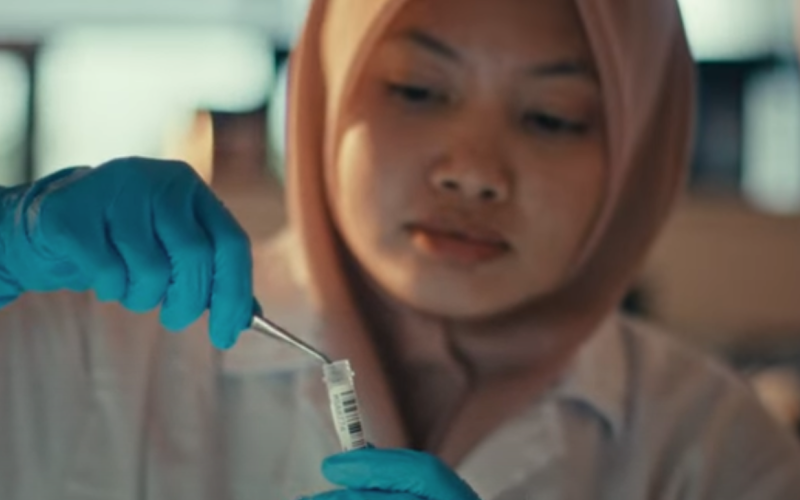
As we approach a global population exceeding 9 billion by 2040, the challenge of sustainably feeding humanity intensifies. Aquaculture and aquatic food systems, stand at the forefront of this challenge, offering a viable solution through innovative breeding and genomics research.
WorldFish has made strides in transforming aquatic food systems with the development of the selectively bred GIFT. Since its inception in 1988, GIFT has revolutionized tilapia farming, growing twice as fast and reaching larger sizes than its wild counterparts. This breakthrough, spearheaded by WorldFish Principal Scientist, John Benzie and his team, signifies a leap towards economic viability and sustainability for small-scale aquaculturalists worldwide.
A Global Effort for Local Impact
Our global collaboration on the genetic improvement of farmed tilapia includes a partnership with the Earlham Institute in the UK, which is dedicated to decoding the genetic makeup of tilapia to enhance traits such as disease resistance and environmental adaptability. Utilizing the latest genomics technology, the Earlham Institute identifies genes responsible for salinity tolerance and disease resistance, essential for tilapia's survival and growth in diverse conditions. And using Illumina's NovaSeq X Series has significantly advanced this effort, providing rapid and precise genomic sequencing capabilities that are instrumental in the project's success.
Towards a Sustainable Future
As we face the challenges of a changing climate and growing populations, the advancements in tilapia breeding show us a path forward for meeting the world’s future nutritional needs without compromising the health of our planet.
The collaborative efforts of WorldFish, the Earlham Institute, and partners around the globe are setting the stage for a future where aquaculture can flourish sustainably and can reduce pressures on wild fish. Through the power of selective breeding and genomics, we're not just farming fish, we're ensuring that future generations have access to nutritious, sustainable food sources.
